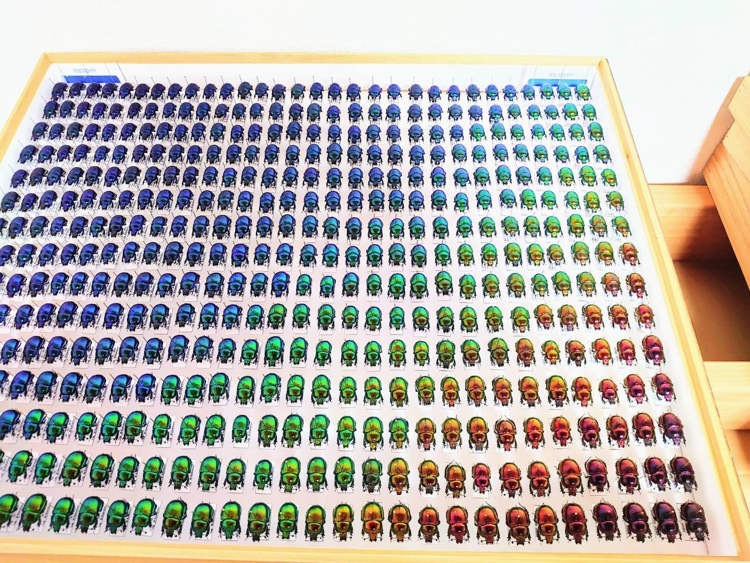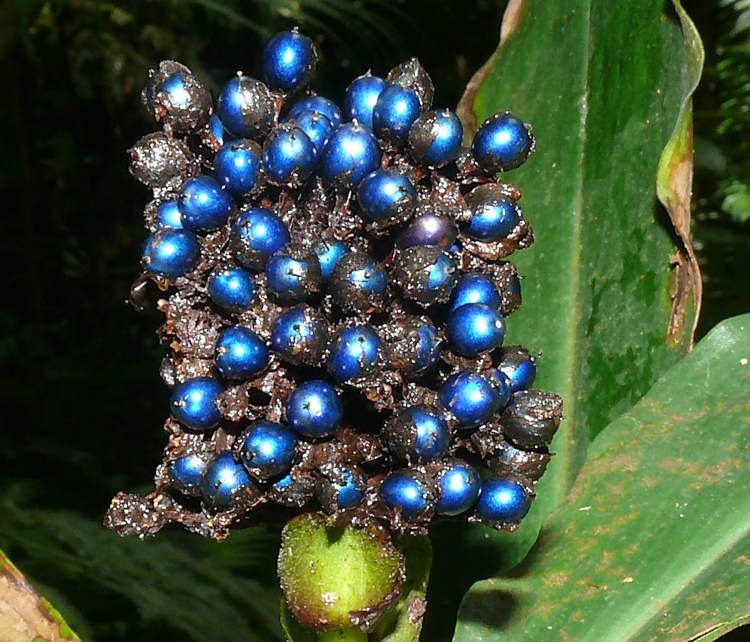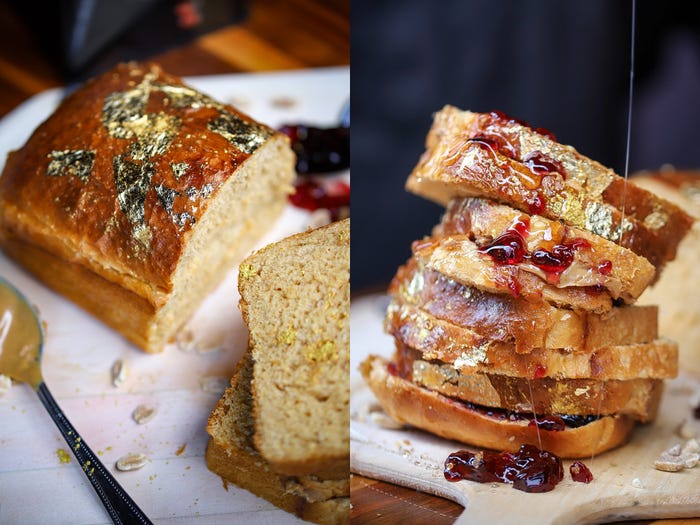If you ever happen to visit Taiwan, you might be greeted to the sight of scantily-clad women in neon-lit glass kiosks by roadsides, waiting for men to pull over. Well, they’re not what you think!
These women are ‘Betel nut girls’ who peddle small snacks of tasty, stimulative betel nuts wrapped in betel leaves. They dress provocatively to attract potential buyers, but nuts is pretty much the only thing they sell.
The main roads are filled with around 60,000 such phone booth-style kiosks; they’re so much a part of the nation’s identity that they’re actually featured on old tourist guides. The women who operate the stalls are usually from poorer families, but according to news reports, the job pays more than housekeeping, waiting tables and other conventional jobs.
Photo: Tobie Openshaw
Betel nut, a fruit of the areca palm tree, is the the world’s fourth most popular psychoactive substance, after nicotine, alcohol and caffeine. It is generally chewed wrapped in betel leaves, with added flavorings of tobacco, cinnamon, or slaked lime. Consumed by a tenth of the world’s population, it can give people a high that’s equal to six cups of coffee. It is sold all over Asia, but this unique marketing strategy is employed in Taiwan alone.
Photo: Tobie Openshaw
The Betel nut girls’ main clientele consists of male taxi or truck drivers, who stop for a quick fix of the natural stimulant while on the road. These men are naturally attracted to the skimpy outfits, but the addictive nut keeps them awake for long driving shifts. Ten betel snacks are sold for about $2.
Photo: Tobie Openshaw
The Betel nut girl tradition began in the late 1960s at the Shuangdong Betel Nut Stand, where glamorous ‘Shuangdong Girls’ were employed. The phenomenon was at its peak in the 1990s, and competition was so high that women wore increasingly revealing outfits.
Photo: Tobie Openshaw
But in 2002, officials blamed the trade for damaging the nation’s moral code and also causing the most car accidents. Betel nut use also causes up to 80 percent of oral cancers in Taiwan, which was another cause for concern. Since then, national debates have raged over the issue. The betel-nut beauties were banned from Taipei City in 2007, and a strict dress code was enforced in other areas. The girls are now required to follow the ‘Three B’s’ rule – cover their breasts, buttocks, and bellies at all times.
Photo: Tobie Openshaw
“Girls used to be able to wear hardly anything, but it’s better now because customers show more respect,” said 22-year-old Sha Tang, a Betel nut girl in Taoyuan City. She manages to earn about $TW26,000 (about $800) a month, and is actually grateful for the stricter conditions now. Her manager and 10-year veteran betel girl Chou Chou, however, has a different view.
Photo: Tobie Openshaw
“It used to be easier to make a living,” she said. “The dress code has an effect.” She admitted that betel nut use is declining, but she still manages to make a living by employing about eight girls in three 24×7 kiosks.
Photo: Tobie Openshaw
According to Taipei-based photographer and filmmaker Tobie Openshaw the betel-nut beauties aren’t well-accepted by Taiwanese society. “There’s certainly a degree of class discrimination in Taiwanese attitudes to betel-nut beauties who often drop out of school and are from poorer country areas,” he said. “Most girls I speak to just ask for a little more tolerance and respect from their countrymen.”
Chou agrees that the industry is highly misunderstood. “The girls would earn much more as prostitutes,” she said. “But they choose to work here.”
Sources: Sydney Morning Herald, Daily Mail



















